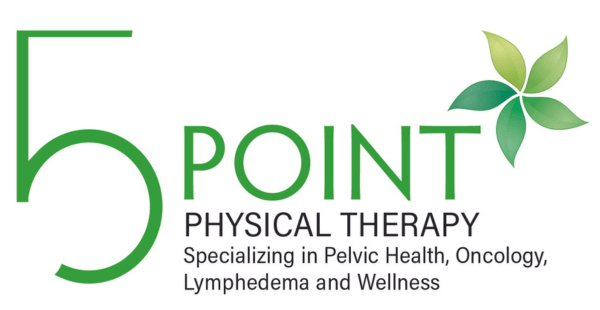Recently, I’ve had more than a few patients telling me that they are taking probiotics. To be honest, I didn’t really know that much about probiotics, apart from the ever-present and utterly spoofable Activia television ads. So I did some research and this is what I found:
Prebiotics are the basic fuel for probiotics.
Prebiotics encompasses mostly carbohydrates that are present in vegetables and grains. These are only partially digested in the human intestinal tract, so they reach the colon where they are fermented by bacteria. By eating things like onions, garlic, wheat, legumes, and artichoke, you already ingest a lot of prebiotics. There are also supplements with prebiotics.
In theory, eating these foods and/or taking supplements should help to promote healthy bacteria in your gut, however the research has found mostly negative effects.
Probiotics on the other hand have shown some beneficial effects.
Probiotics are microorganisms (live bacteria), and when they are ingested in adequate amounts can help with certain clinical conditions. A review paper by Stefano Guandalini, MD, Section Chief of Pediatric Gastroenterology, Hepatology, and Nutrition and Medical Director of the Celiac Disease Center at the University of Chicago, studied the various clinical trials on pre and probiotics. His study found good evidence that probiotics are helpful in treating IBS, especially bloating and abdominal pain. There is also evidence to suggest that taking probiotics helps women fend off yeast infections when they’re taking antibiotics!
So, which foods or supplements have probiotics?
Yogurt already has 2 types of bacterica – Lactocacillus bulgaricus and Streptococcus thermophiles, however these 2 strains do not pass through the acidic stomach. Activia, has live strains of Bifidobacteria, which does pass through the stomach, has been studied and may be beneficial.
In terms of supplements, there are only a few that have gone through clinical trials.
- Align: based on Bifidobacterium, for adults with IBS.
- Biogaia: based on Lactobacillus reuteri, has been shown to be effective for infants and colicky babies
- Culturelle: Lactobacillus GG, has been well studied and shown to be effective in treating diarrheal diseases.
- VSL #3: highly concentrated preparation of 8 different strains of probiotics . Has been found to be effective for ulcerative colitis, both in adults and children as well as IBS.
What are some potential negative effects of probiotics?
Per the NIH, in healthy people the only side effect is mild digestive symptoms such as gas. There have been reports of severe side effects in critically ill patients- those that have had surgery, very sick infants, and people with weakened immune systems.
In terms of what I have seen and heard, a lot of our patients take probiotics and find that it helps with diarrhea and tends to make stool well formed. One patient complained that her probiotic had gluten, and this made her feel worse, but once she switched she felt much better.
As I started to write this blog, I decided to try probiotics myself. I went out and purchased the Super Acidophilus Complex from Trader Joes. I will be sure to blog about my experience!

